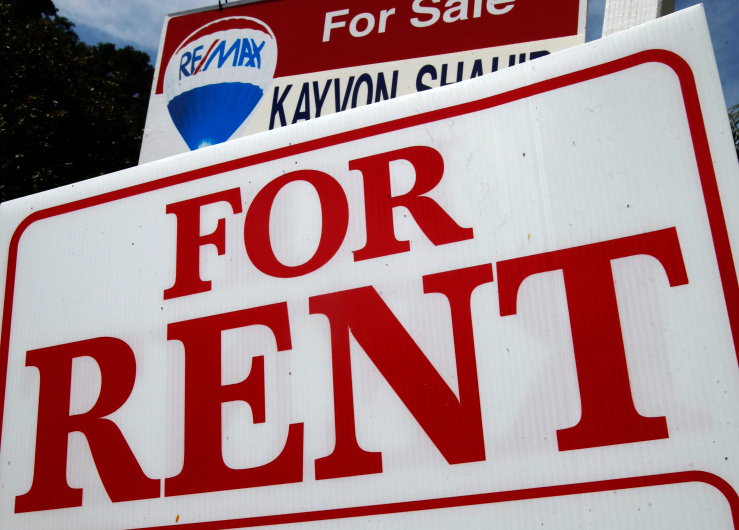Housing insecurity in the United States has surged in the wake of COVID-19, ongoing inflation and cost of living increases. Living in a state facing unprecedented homelessness rates, I witness the struggle for housing security daily. However, the pandemic illuminated ways to protect people from housing insecurity.
Recently, California passed the Stable Affordable Housing Act (S.B. 555), the first state social housing legislation nationwide and Senator Nancy Skinner introduced a new bill to prohibit investment entities from purchasing, acquiringor leasing a single-family home.
I’ve lived in some of the most expensive housing markets nationwide. When costs surged in Santa Cruz because of the housing bubble, and because Silicon Valley tech millionaires were snapping up vacation homes and driving up already exorbitant housing costs, I resided in a tiny apartment subsidized by the university because I couldn’t afford market-rate rent as a tenure-track professor.
During the pandemic, work brought me back to Southern California. My current income exceeds tenfold my parents’ when they bought our home, yet after 30 years of saving, homeownership remains elusive for me and countless others.
In June 2023, my family and I faced a no-fault eviction from our home. A brief analysis of our available alternatives illuminated the motive behind the property owners’ desire to displace us: They could raise our rent by 40%, forcing us to vacate. I couldn’t sleep. I was distracted from work. I explored moving to a slightly less expensive area. My daughter bristled at the possibility of changing schools for the fourth time in five years.
While some perceived my ordeal as an outcome of the principles of supply and demand, with property owners making rational choices to maximize profits, the broader housing crisis illustrates the consequences of wealth concentrated in the hands of a few. Excessive wealth exerts a disproportionate influence by extracting resources from those with little or no wealth, particularly renters, and subsequently consolidating and defending that wealth, often manipulating government processes to maintain a seemingly unchangeable system. In the housing market, excessive wealth exerts upward pressure on rents and home prices.
Private equity-backed investors initiated a surge in their acquisition of rental properties during the Great Recession, and this trend continued during the pandemic. Projections indicate that by 2030, private equity entities are expected to own a 40% share of the single-family rental market. This will exacerbate eviction rates and cost of renting homes, and demonstrateswhy Skinner’s legislation is critically important.
The excessively wealthy accrue the most substantial benefits from the housing market structure. In California, they derive the greatest advantages from Proposition 13, the 1978 ballot initiative that imposed a 2% cap on annual increases in assessed property values. Attempts to amend or overturn Proposition 13 encounter formidable resistance, particularly from the excessively wealthy.
Related Articles
Letters: Emulate ex-workers | AI’s promise | No panacea | Total ban | Gaza blockade | Raising profile
Backers of California homeless camp ban cite ‘successful’ San Diego law. But is it?
State green lights Cupertino’s housing plan for more than 4,500 new homes
Former Oakland encampment residents commemorate year anniversary of sweeps
Developers of two new East Bay housing developments hear that affordability is key
We must commit to keeping people in their homes while finding solutions for our unhoused neighbors. Stopping the harm will require a slew of tenant protections, including rent stabilization and just-cause eviction protections. Tenants unions gained traction in communities nationwide as an accessible way for people to get involved, and speaking up at city council and board of supervisor meetings is invaluable.
Despite my fear of losing, I fought back because I could, knowing that many of my neighbors couldn’t.
Hardworking people deserve the assurance of secure, quality housing. Ultimately, we technically “won.” The settlement offset our moving costs and covered our rent increase for the first few months at our new home. A real win would allow all families to live free of fear of sudden displacement or unaffordable rent increases that leave them without alternatives.
Gabriela Sandoval is the executive director of the Excessive Wealth Disorder Institute.












